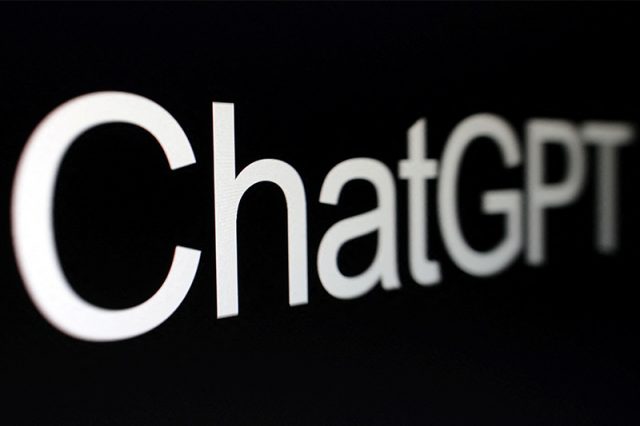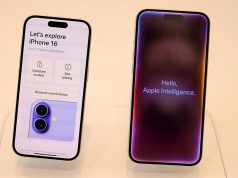
REDMOND, Wash., — Microsoft Corp MSFT.O is revamping its Bing search engine and Edge web browser with artificial intelligence, the company said on Tuesday, in one of its biggest efforts yet to lead a new wave of technology and reshape how people gather information.
Microsoft is staking its future on AI through billions of dollars of investment as it directly challenges Alphabet Inc’s GOOGL.O Google. That could mean new competition for business customers using cloud and collaboration products as well as a vigorous return to consumer markets where Google now leads.
Working with the startup OpenAI, Microsoft is aiming to leapfrog its rival and potentially claim vast returns from tools that speed up all manner of content creation, automating tasks, if not jobs themselves.
“This technology is going to reshape pretty much every software category,” Microsoft Chief Executive Satya Nadella told reporters in a briefing at Microsoft headquarters in Redmond, Washington.
Some investors expect the technology to create new markets even as Big Tech companies compete for dominance. Shares of Microsoft rose 3.8% in afternoon trading. Alphabet gained 3.6%.
The power of so-called generative AI that can create virtually any text or image dawned on the public last year with the release of ChatGPT, the chatbot sensation from OpenAI. Its human-like responses to any prompt have given people new ways to think about the possibilities of marketing, writing term papers or disseminating news, or even how to query information online.
The new Bing search engine is live in limited preview on desktop computers and will be available for mobile devices in coming weeks.
Bing will be powered by AI and run on a new “large language model” that is more powerful than ChatGPT, said Microsoft Consumer Chief Marketing Officer Yusuf Mehdi. A chatbot will help users refine queries more easily, give more relevant, up-to-date results, and even make shopping easier.
Bing is far behind Google in search market share.
Microsoft is now aiming to market OpenAI’s technology, including ChatGPT, to its cloud customers and add the same power to its suite of products, including search.
Near-term, “the partnership with OpenAI is more relevant for its business customers,” said Gartner analyst Jason Wong. Still, he said, it could offer “disruptive opportunities” in consumer businesses as well.
“Except for gaming, Microsoft has not been a leader in key consumer technologies, such as search, mobile and social media,” he added.
Google has taken note. On Monday it unveiled a chatbot of its own called Bard, while it is planning to release AI for its search engine that can synthesize material when no simple answer exists online.
Microsoft’s decision to update its Edge browser will intensify competition with Google’s Chrome browser.
The rivalry in search is now among the industry’s biggest, as OpenAI sets up Microsoft to expand its 9% share at Google’s expense, said Daniel Ives, an analyst with Wedbush Securities.
Practical uses
At the event, Mehdi demonstrated how the AI-enhanced search engine will make shopping and creating emails easier. A demonstration showed how Bing could estimate, for example, whether a certain type of couch could fit in the back of a car by pulling together Web data on one’s vehicle dimensions.
For the quarter ending Dec. 31, Alphabet reported $42.6 billion in Google Search and other revenue, while Microsoft posted $3.2 billion from search and news advertising.
Behind Microsoft’s OpenAI partnership is its plan to invest in supercomputer development and cloud support so the startup can release more sophisticated technology and aim at the level of machine intelligence dreamed up in science fiction.
The fruit of this work, however, is more immediate. Last week Microsoft announced the startup’s AI will generate meeting notes in Teams, its collaboration software, as well as suggest email replies to vendors using its Viva Sales subscription.
—Reporting by Jeffrey Dastin in Redmond, Wash. Editing by David Gaffen, Peter Henderson and Matthew Lewis









